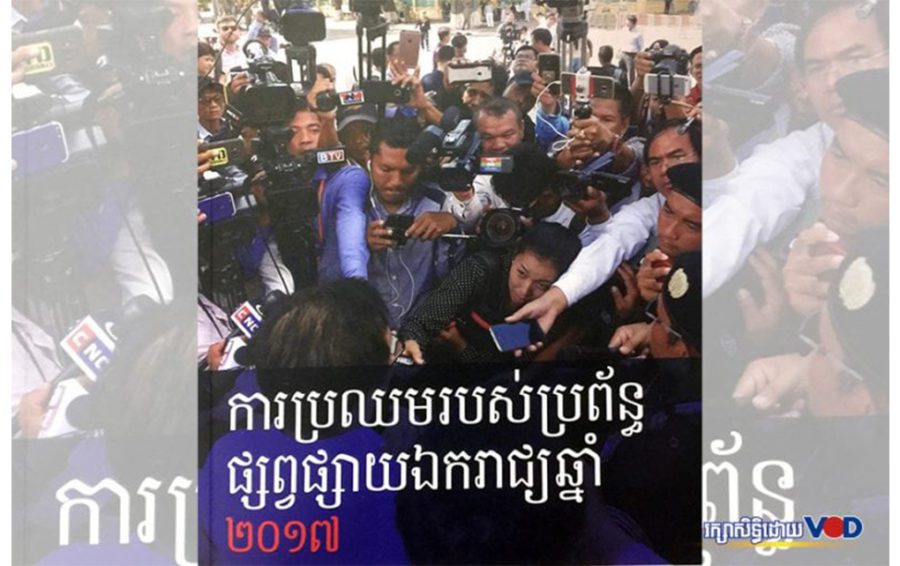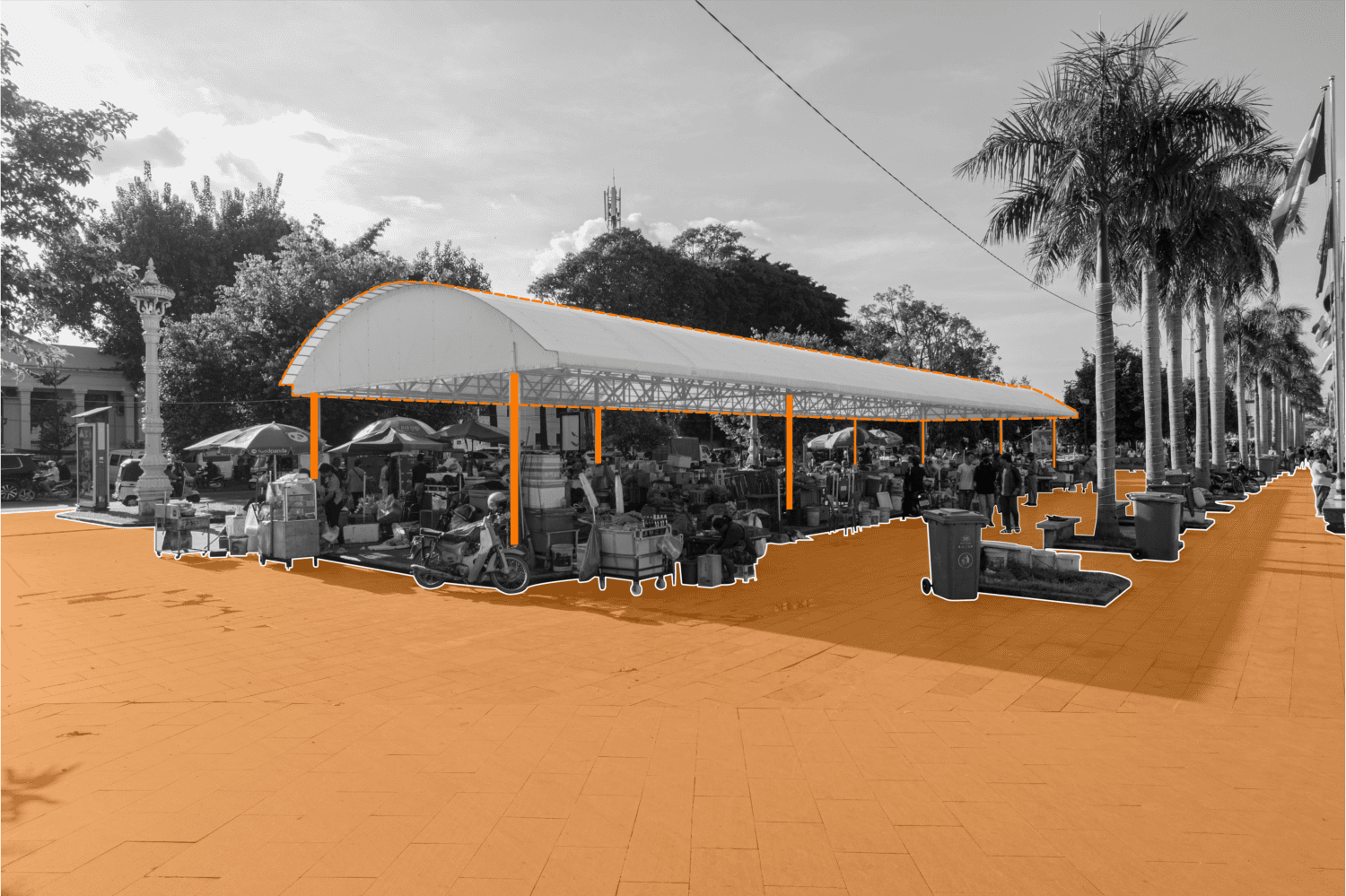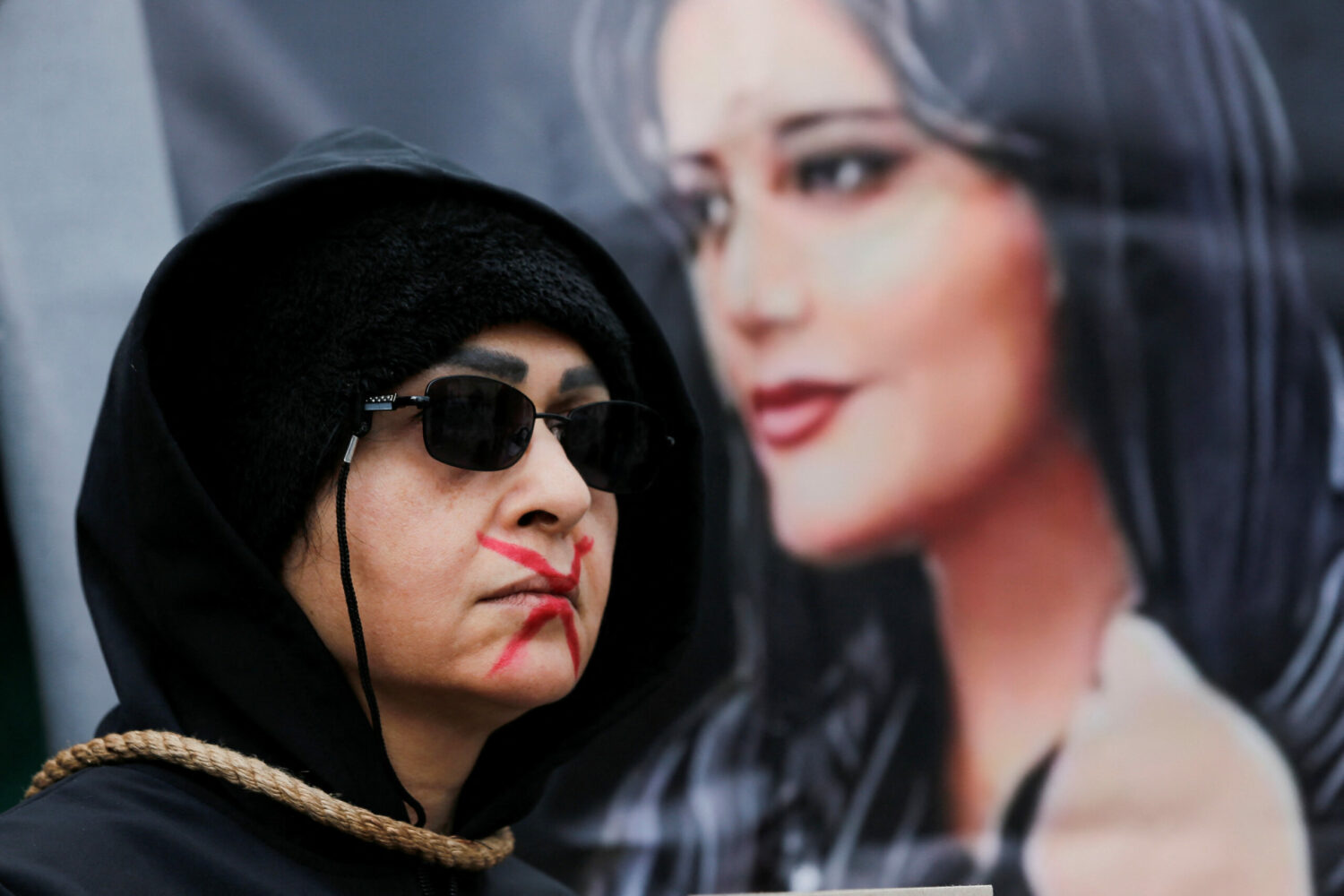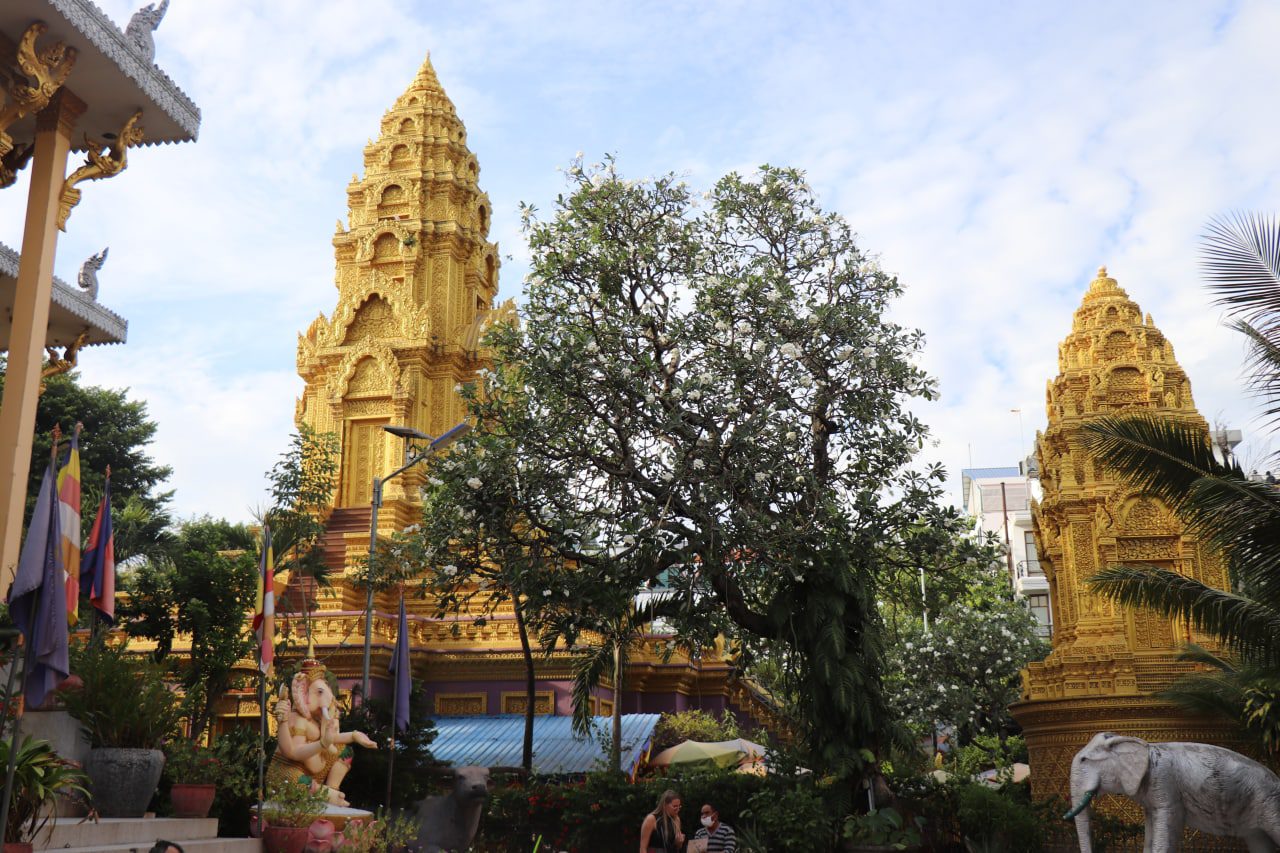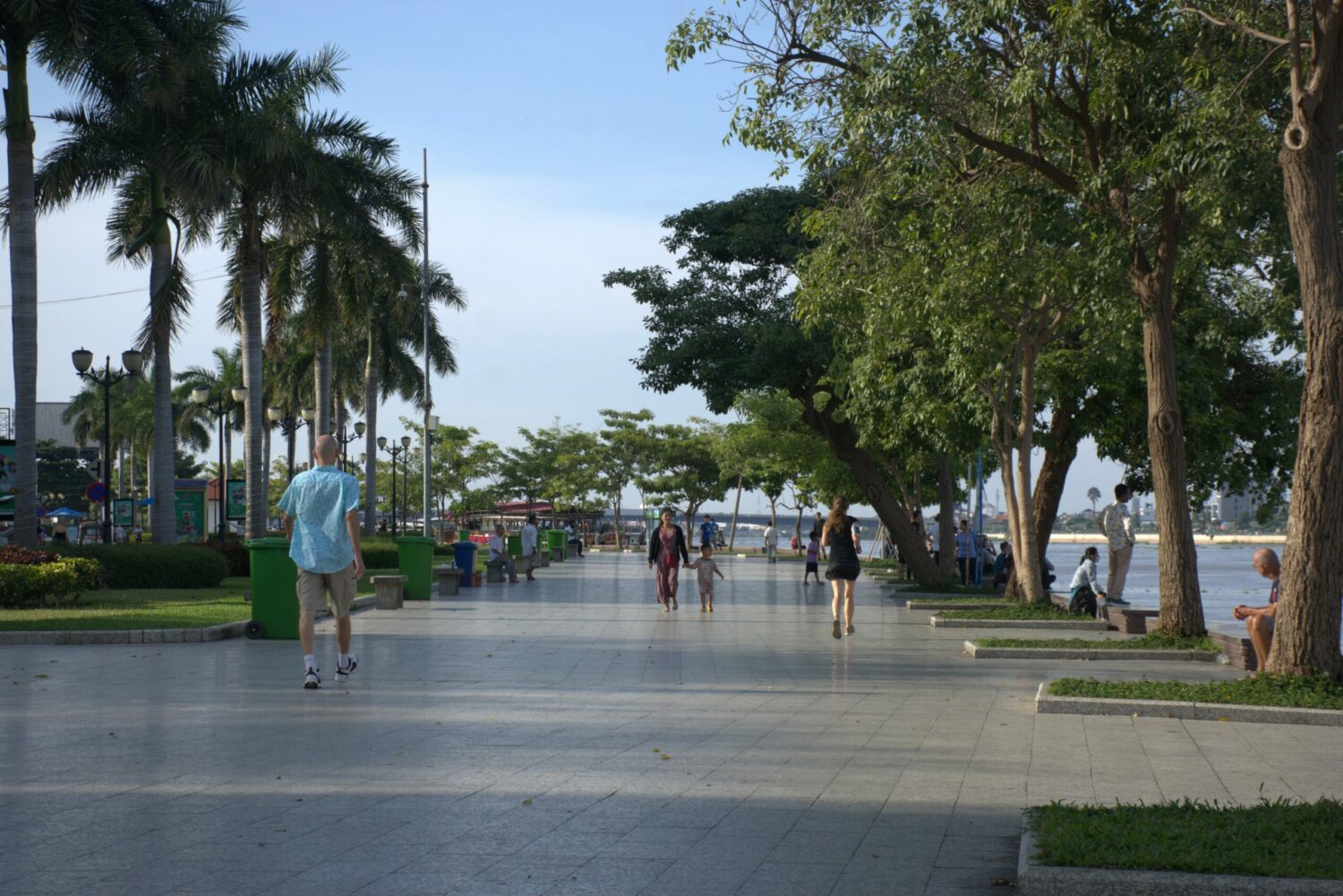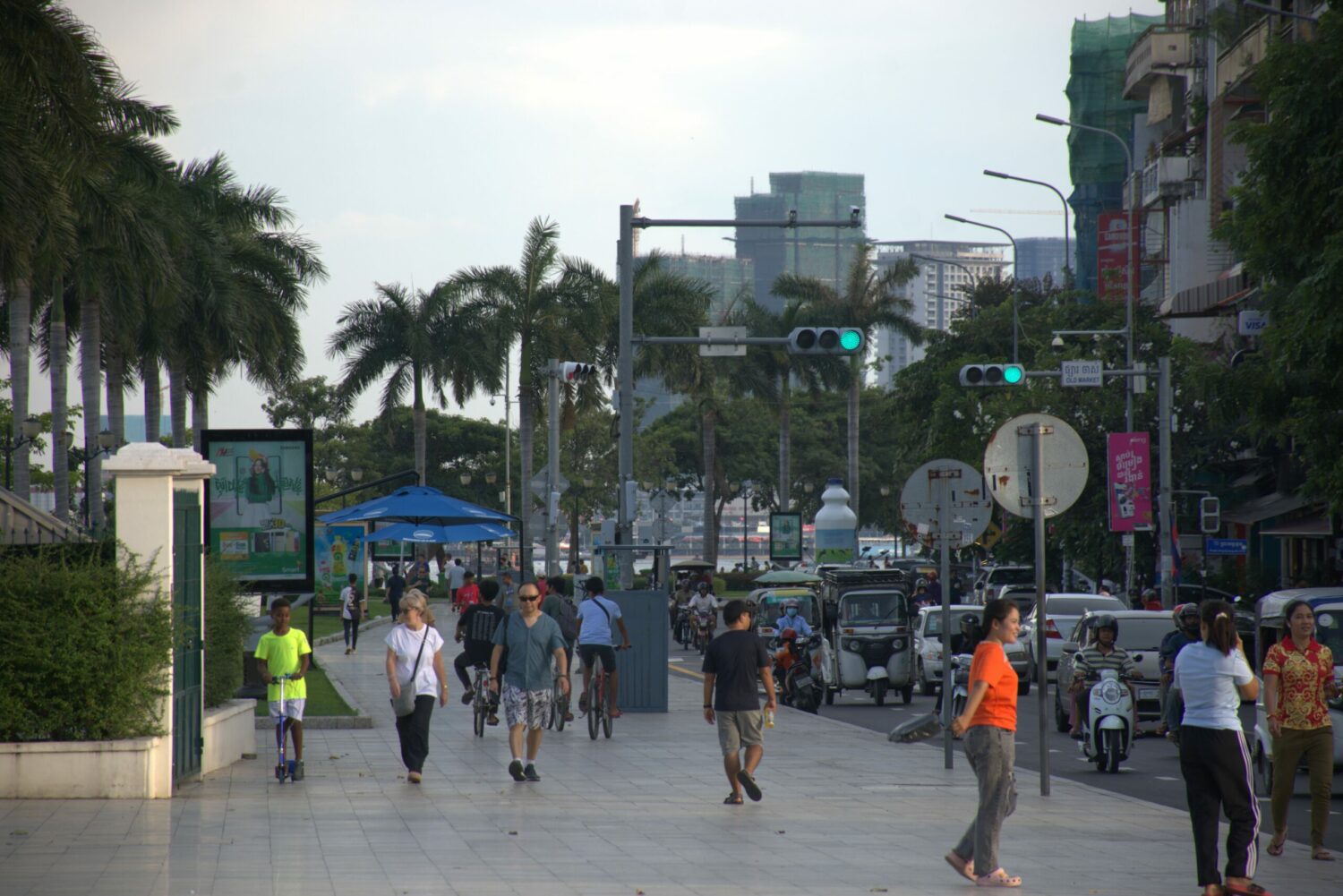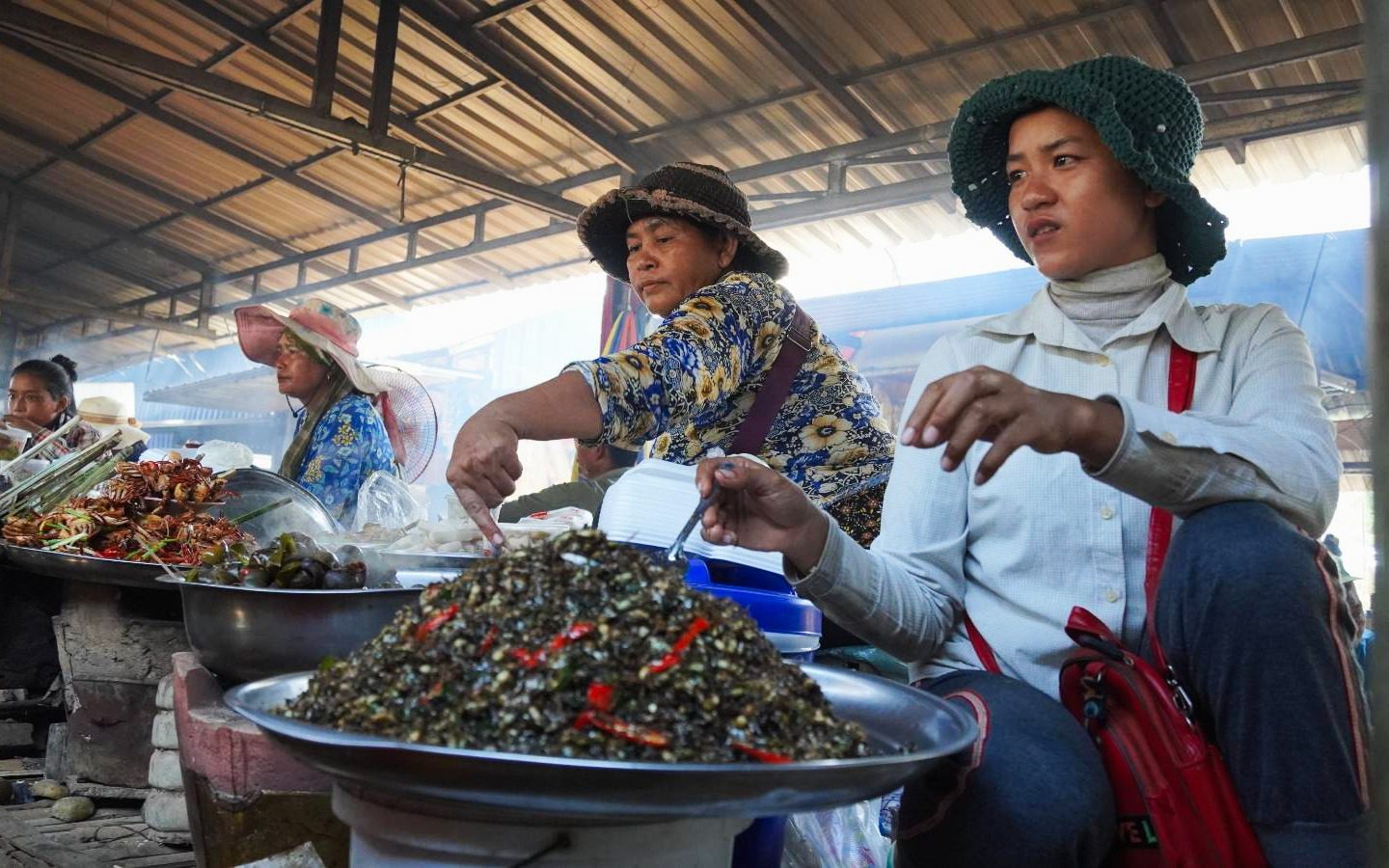Freedom of expression in Cambodia is not, in fact, free.
That’s according to Freedom House’s Freedom in the World Report, under which Cambodia’s scores have stagnated — 5.5 for freedoms, 6 for political rights and 5 for civil liberties — for four straight years from 2016 to 2019.
A downward turn in press freedom is weighing down the overall score.
Reporters Without Borders ranked Cambodia at No. 128 in the world for press freedom in 2016. It has been tumbling since: No. 132 in 2017, No. 142 in 2018, and No. 143 in 2019.
The rankings reflect tightening restrictions on freedom of expression and the country’s media environment.
Last year was the first full year since a crackdown on independent media — a full year of the Cambodian people being kept in the dark. Those who had listened to VOD, Voice of America and Radio Free Asia on radio, especially in rural areas, were particularly affected.
VOD alone once reached a coverage area of 10.6 million people on five stations.
But 32 radio stations — including the five that had broadcast VOD content — were ordered off the air in September 2017.
Several independent media outlets were also shut down. Remaining independent media outlets have been denied media licenses from the Information Ministry, and their journalists denied press cards.
Sensitivities were particularly high around election time last year. The National Election Committee’s (NEC) code of conduct prohibited journalists from publishing or broadcasting “confusing” information that could lead to a “loss of trust in the election.”
It also banned journalists from expressing personal opinions on any event being covered; reporting on rumors or baseless information; and insulting national institutions, political parties or candidates.
The Information Ministry threatened to revoke the licenses of media organizations and shutter their businesses “completely” if they failed to abide by the NEC’s guidelines.
And on the day before the national election, the government ordered ISPs to block at least 17 websites, including VOD.
Meanwhile, the intimidation and harassment of journalists has been recurring.
Two RFA journalists, Uon Chhin and Yeang Sothearin, were arrested in Phnom Penh in November 2017. They were detained for almost a year before being released on bail, and remain under court monitoring.
At least five cases of harassment against six journalists were also recorded between April 2018 and March 2019:
- Min Phnom, 39, and Sarak Dara, 38, were arrested in Pursat province in September after notorious timber-trading tycoon Try Pheap’s company MDS lodged a complaint. The journalists were charged with incitement and disinformation and remain in prison.
- Mondulkiri province Khin Sokhorn was questioned by the Mondulkiri provincial prosecutor over an accusation of defamation from the Keo Seima Wildlife Sanctuary, also in September. The local reporter and publisher said he was pressured to give up his sources.
- Meong Vuthy was filming soldiers using violence at the scene of a traffic accident in November when he was in turn severely beaten up. The reporter was assaulted in front of a military base about 10 km south of Phnom Penh.
- Sim Chhivchhean Piseth was physically attacked in January while taking photos and reporting on fisheries in the Boeng Pearaing community in Siem Reap’s Chung Khnies commune.
- Phlong Ret, another Siem Reap reporter and publisher, was sued by the Boeng Pearaing bird sanctuary in March, accused of spreading false information about corruption at the sanctuary.
All five cases involved journalists working at small, often one-man digital outlets — in some cases merely a Facebook page.
Though the government maintains tight control over mainstream media, there has been a proliferation of such small online outlets emerging at least somewhat outside its control.
Hundreds of websites and Facebook pages have sprung up, some of them registered with the Information Ministry and others merely run by individuals without a formal business or legal entity.
They are part of a growing trend, and are taking on increasing importance in bringing to light cases of injustice across the country. They may point to one path toward a brighter future for freedom of expression in Cambodia.
And yet they present their own challenges, with the digital media environment polluted by disinformation and hate speech. They also face renewed attempts at government control — not least in the form of a Cybercrime Law and other new legislation.
The government has ordered all domestic and international internet traffic to pass through a data management center newly created by the state-owned Telecom Cambodia, in a move some have claimed is an attempt to censor government critics.
The government says it closely monitors news and social networking sites “to prevent the spread of information that can cause social chaos and threaten national security.”
Furthermore, a prakas signed in May last year set up a joint working group spanning the ministries of information, interior and telecommunications to investigate any online platforms that spread “fake news.”
And the government has for years been working to establish a Cybercrime Law; previous drafts have raised concerns that it was geared more toward controlling digital expression rather than combating crime.
Nevertheless, even as access to independent information on radio was taken away, another medium has risen: The Telecommunication Regulator of Cambodia has estimated the number of internet connections in the country to be as high as 12.5 million, out of a population of about 16 million. (The number of mobile phone connections has been put at more than 19 million.)
For those with access to the internet, digital platforms have become the best option for expressing their opinions and concerns, and finding out about developments in the country.
Nop Vy is the Cambodian Center for Independent Media’s media director.


